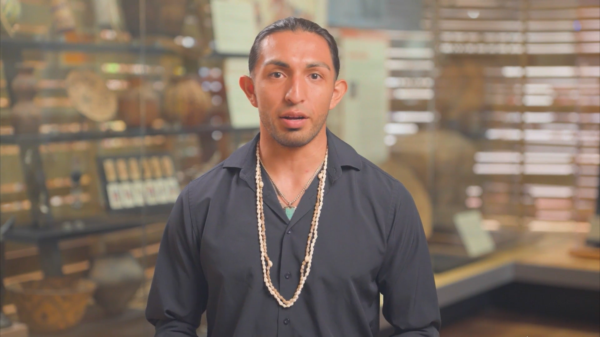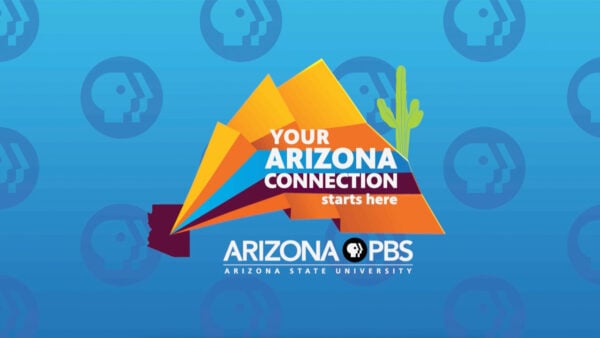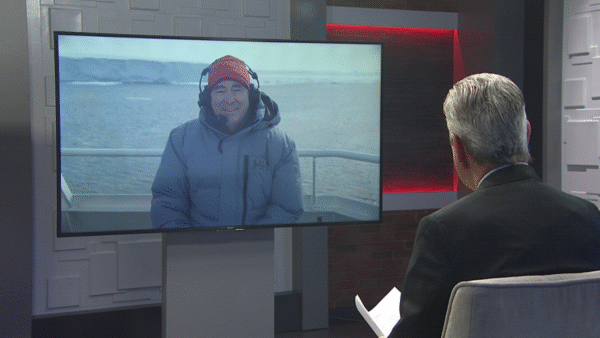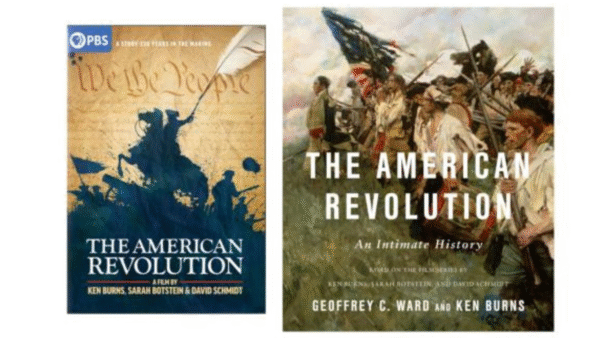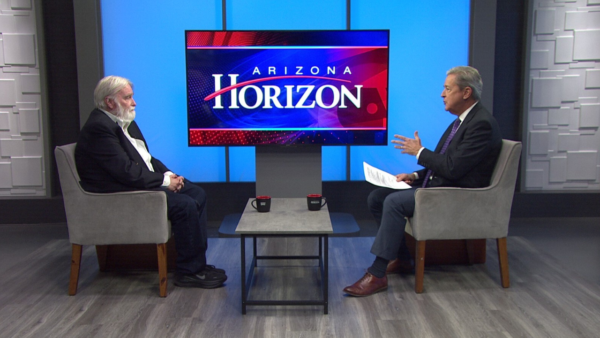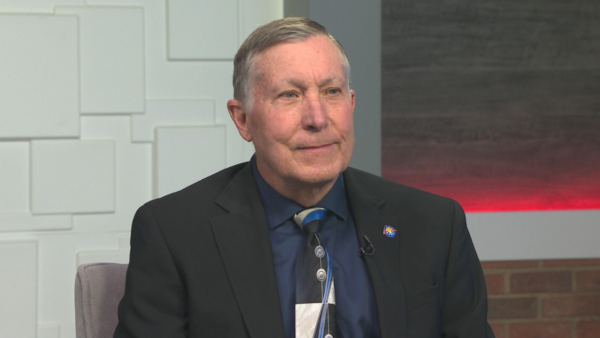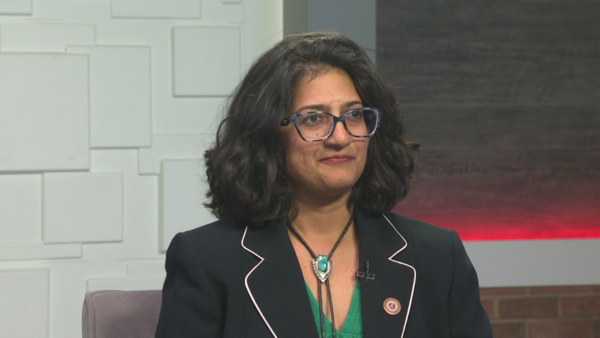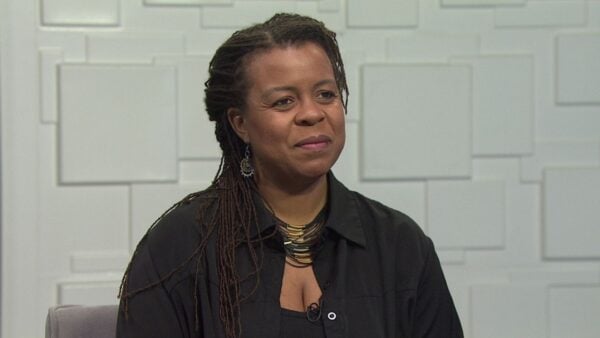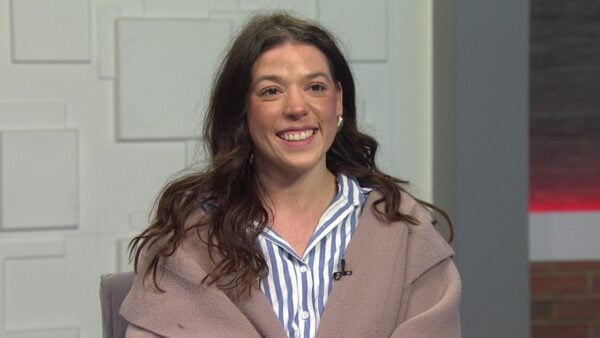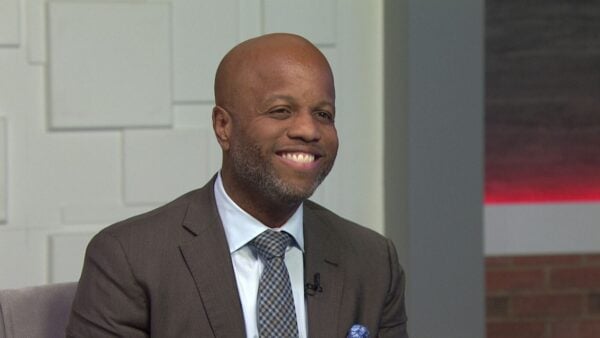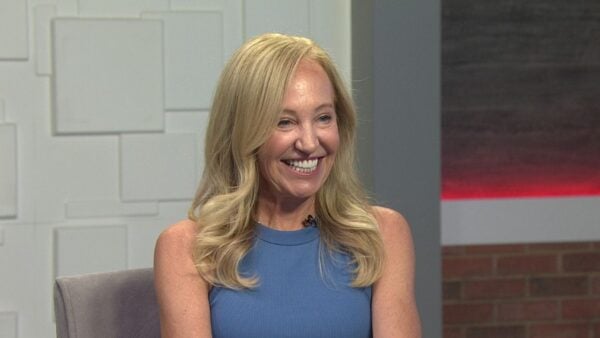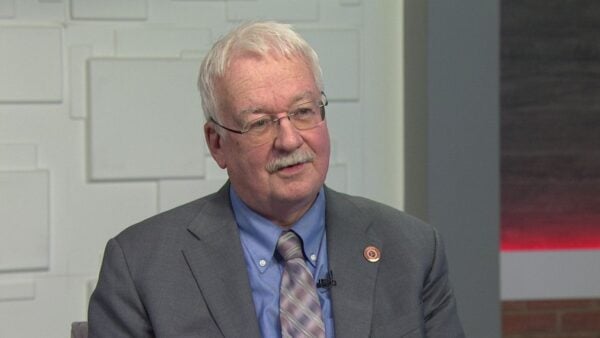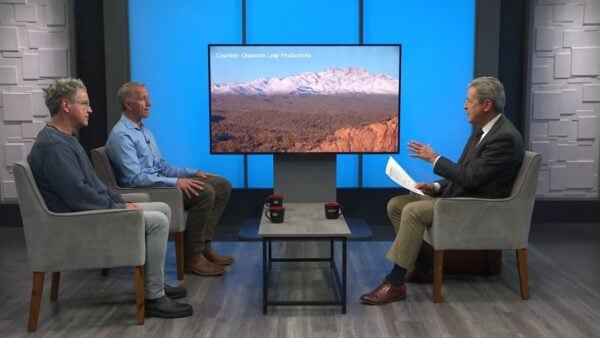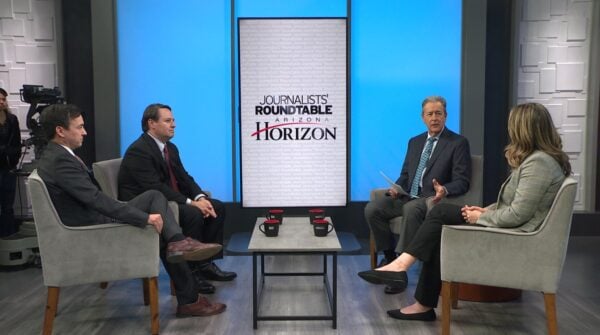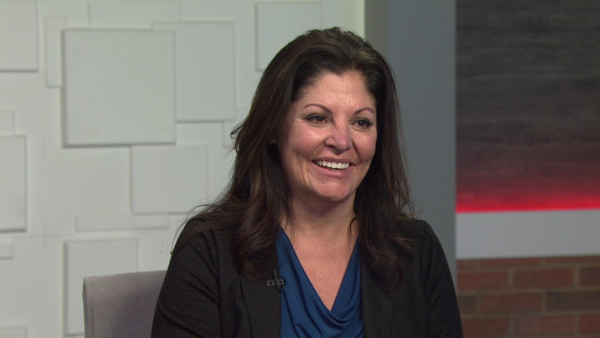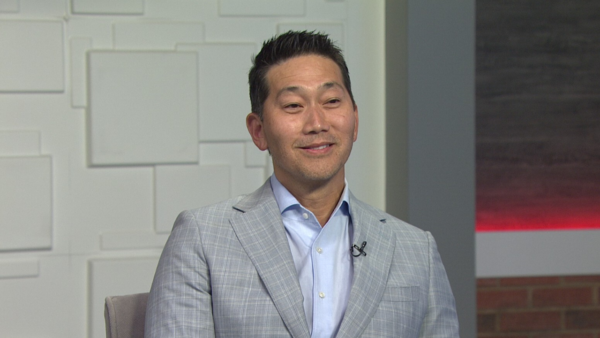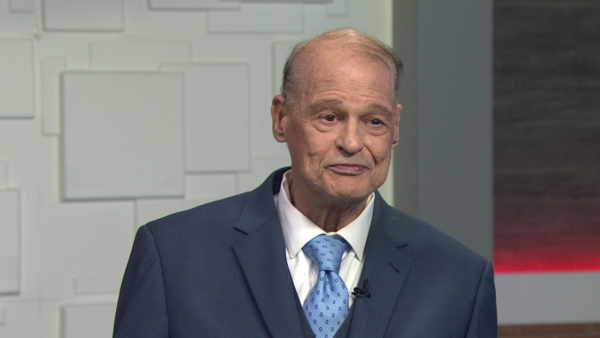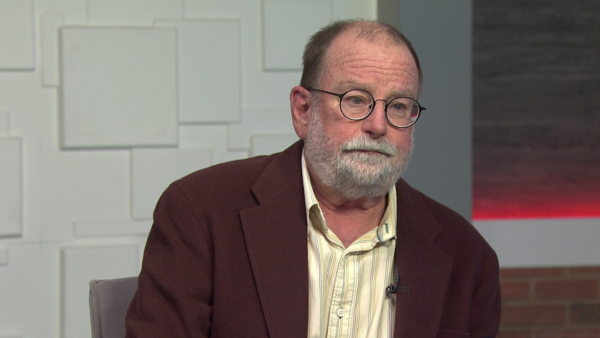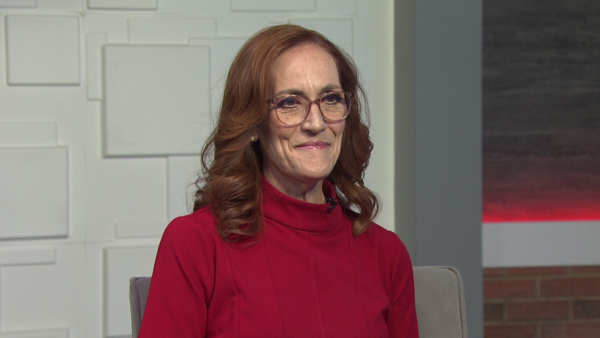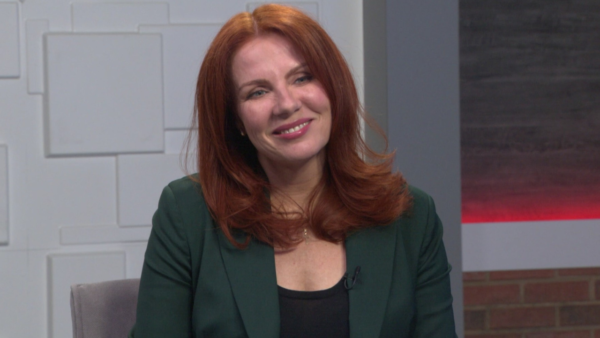Civics teachers self-censor their classrooms
Sept. 18, 2025
Eighty percent of civics teachers say they self-censor their classrooms out of fear of controversy and backlash, according to a survey conducted by the Sandra Day O’Connor Institute for American Democracy.
The report, “Why Are Teachers Uncomfortable Teaching Civics?,” reveals how teachers often avoid essential topics in American government, history and civic practice.
Vice President of Programs and Public Policy of the Sandra Day O’Connor Institute for American Democracy, Liam Julian, joined “Arizona Horizon” to expand on what this means for Americans’ education.
“Civics teachers are uncomfortable teaching civics,” Julian said, “…teachers tell us they lack preparation, they lack guidance about what to teach and what they can’t teach, and they lack support from school and district leaders.”
According to Julian, civics is a class that deals with the rights and responsibilities with what it means to be an American citizen. The class is similar to those that teach American government, or history, and sometimes dealing in economics as well.
“I think teachers are aware that today there are potentially consequences…that can come from a misstep,” Julian explained, “…they are sort of tailoring their instruction accordingly.”
Julian discussed that many teachers tend to “tip-toe” around topics that may be controversial. In some cases, teachers are even backtracking from opening up to classroom discussions over these controversial issues.
“Which I would say is core to a civics class, to sort of teach that civil discourse skill,” Julian said. “They are aware that were something to go awry, or a student gets upset…they’re gonna be hung out to dry, they’re gonna take the blame, and the school or district leaders would not support them.”
